The object of a desire, when desire is transformed into hope, becomes more real than reality itself
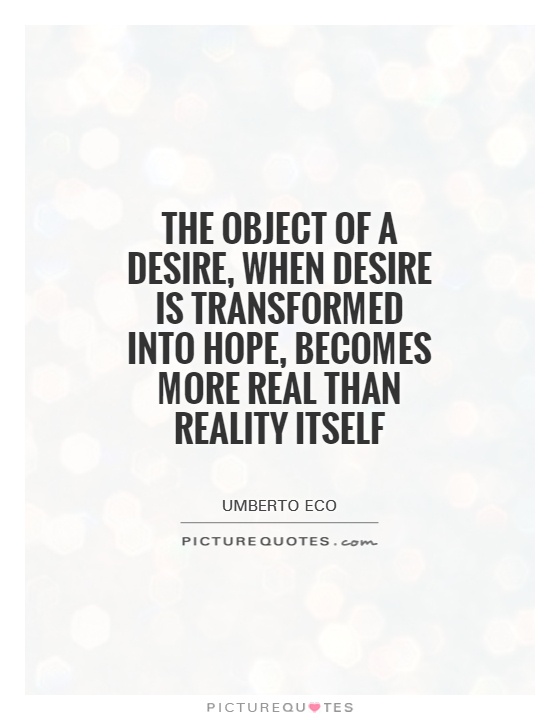
The object of a desire, when desire is transformed into hope, becomes more real than reality itself
Umberto Eco, the renowned Italian novelist and philosopher, was known for his deep exploration of the complexities of human desire and the nature of reality. In his works, Eco often delved into the idea that the object of desire, when transformed into hope, takes on a heightened sense of reality that surpasses the physical world.Desire is a powerful force that drives human behavior and shapes our perceptions of the world around us. It is the longing for something that we believe will bring us happiness, fulfillment, or satisfaction. However, desire is often fleeting and can lead to disappointment when the object of our desire fails to live up to our expectations. Eco believed that when desire is transformed into hope, it takes on a new dimension that transcends the limitations of the physical world.
Hope is a more enduring and optimistic emotion than desire. It is the belief that something better is possible, even in the face of adversity or uncertainty. When desire is transformed into hope, it becomes a source of strength and motivation to pursue our goals and dreams. In this sense, hope gives the object of desire a sense of purpose and meaning that goes beyond its material form.
Eco argued that when desire is transformed into hope, the object of desire becomes more real than reality itself. This is because hope imbues the object with a sense of possibility and potential that is not limited by the constraints of the physical world. In the realm of hope, the object of desire takes on a symbolic significance that reflects our deepest aspirations and ideals.
For Eco, the transformation of desire into hope was a way to transcend the limitations of the physical world and connect with a higher reality. By investing our desires with hope, we are able to see beyond the surface of things and glimpse the deeper truths that lie beneath. In this way, the object of desire becomes a symbol of our innermost hopes and dreams, and takes on a significance that is more real and enduring than the fleeting pleasures of the material world.
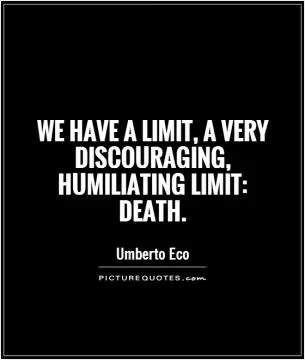

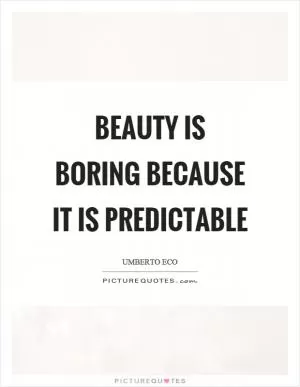






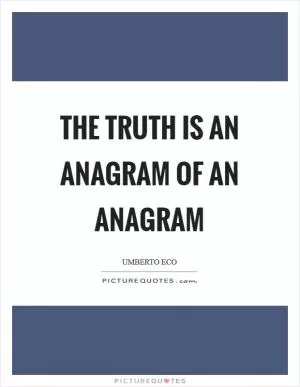
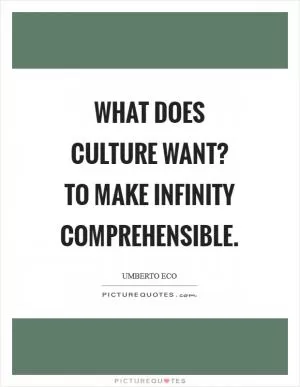

 Friendship Quotes
Friendship Quotes Love Quotes
Love Quotes Life Quotes
Life Quotes Funny Quotes
Funny Quotes Motivational Quotes
Motivational Quotes Inspirational Quotes
Inspirational Quotes